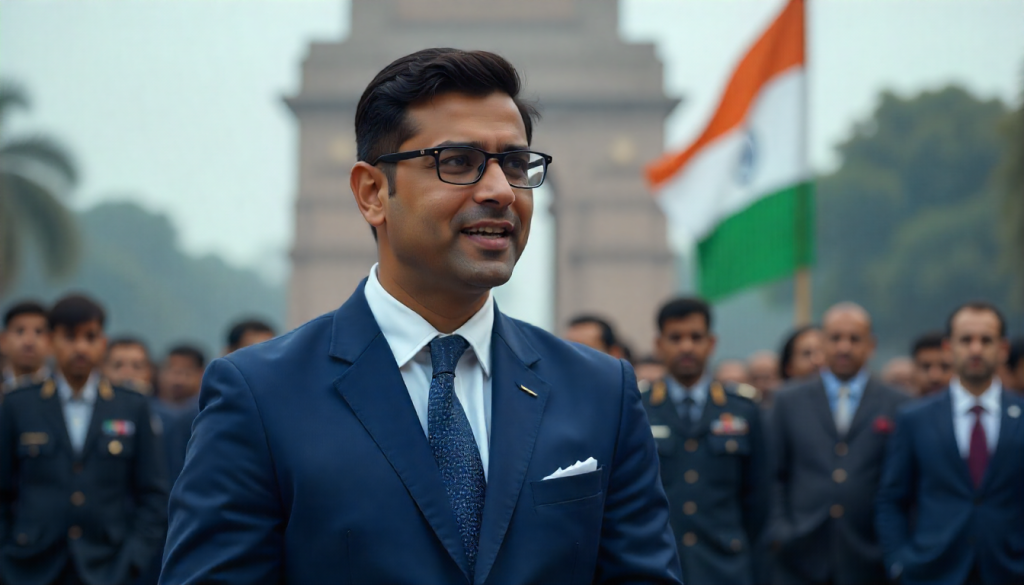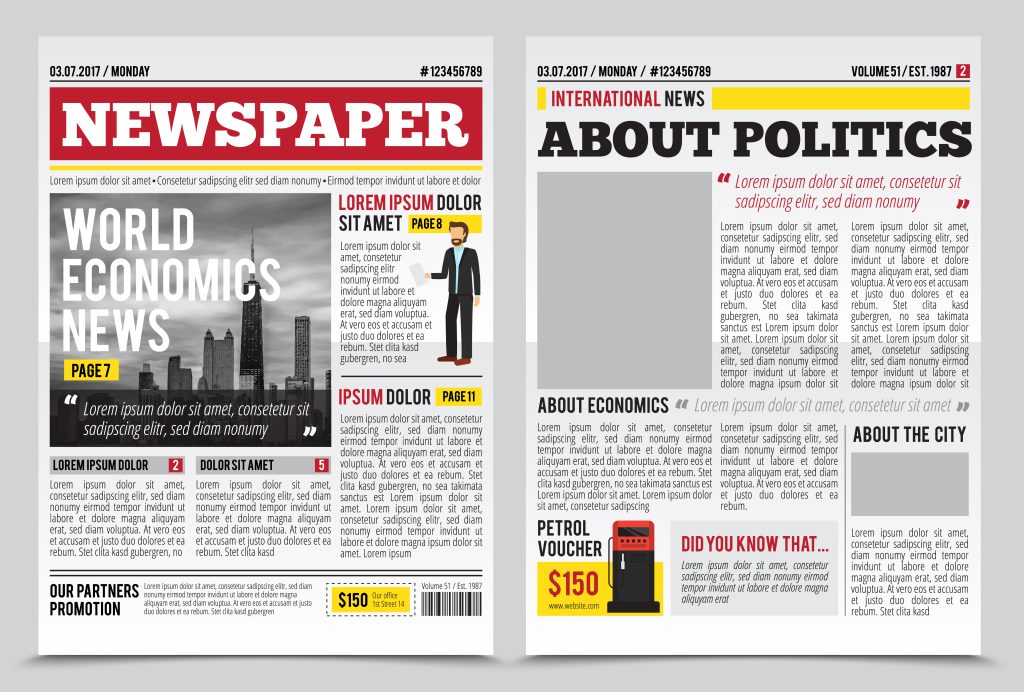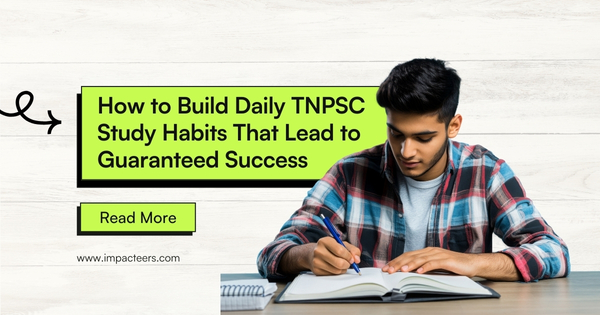UPSC Preparation is a journey that demands dedication, smart planning, and consistent effort.Learn how to prepare for UPSC interviews with real strategies from IAS toppers. Master the UPSC 2025 final round with expert tips, answer techniques, and mentorship guidance

The UPSC Civil Services Examination (CSE) is considered one of the most competitive and prestigious exams in India. After months of preparing for Prelims, cracking the Mains, and navigating the wide syllabus, comes the final and most personal stage—the UPSC Interview, also known as the Personality Test.
While this stage carries a maximum of 275 marks, it often plays a decisive role in the final result. It’s not just about knowledge—it’s about presence of mind, attitude, ethical judgment, and how you handle pressure. So, how do IAS toppers prepare for this crucial stage? What books do they read? What kind of answers impress the panel? How do they handle tricky questions about their optional subjects or the year’s current affairs?
To explore more>>https://blog.impacteers.com/
Let’s explore a step-by-step guide on how to prepare for UPSC interviews with insights from successful candidates and mentorship support from Impacteers, a platform that’s helping aspirants all over India find clarity and confidence.
What Is the UPSC Interview?
The UPSC Personality Test is the final stage after clearing the Main examination. It takes place at Dholpur House, New Delhi, and lasts around 25–30 minutes.
Here, a five-member panel evaluates:
- Your mental alertness
- Clear and logical thinking
- Interest in current affairs
- Integrity, leadership, and judgment
- Communication and emotional intelligence
It’s less about the right answers and more about the right approach.
Why the Interview Matters
Even if you scored average marks in Mains, a strong interview can boost your overall rank. In past years, the range of marks in the interview has gone from 140 to over 210—a massive difference.
Many IAS toppers credit their high ranks to this stage, where mentorship, mock interviews, and guided preparation made all the difference.
UPSC Preparation Strategies for Beginners
1. Know Your DAF Inside Out
The Detailed Application Form (DAF) is the holy grail for the panel. Every word—your name, hobbies, graduation subject, and home state—can be a potential question.
Tip from Topper:
“I prepared a 360-degree profile of my DAF—about my college, hobbies, district issues, even the history of my surname.” – AIR 43, UPSC 2022
2. Read Newspapers Daily

UPSC expects awareness about India’s socio-political issues and current global developments.
Recommended sources:
- The Hindu or Indian Express
- PRS India for policy matters
- India Year Book (latest edition)
Topper Strategy:
Prepare a “news + analysis” journal—track major national debates, schemes, court rulings, and international relations.
3. Role of Mock Tests in UPSC Preparation
One of the most effective tools is mock interviews. These help you:
- Understand panel dynamics
- Tackle unexpected questions
- Improve your body language
- Get real-time feedback
Impacteers Mentorship for UPSC Aspirants:
Impacteers offers personalized mock interview sessions, one-on-one feedback, and access to mentors who’ve cracked the exam themselves.
They also help you:
- Prepare DAF-based questions
- Analyze your speaking style
- Improve clarity and tone
A good mentor not only corrects your mistakes but boosts your confidence with practical insights.
4. How to Build a Strong Foundation for UPSC Preparation
Expect in-depth questions related to your optional subject, especially if it’s technical (e.g., engineering, philosophy, law).
Tip: Don’t memorize answers. Prepare to explain concepts like a teacher.
Example question:
“You’ve studied Mechanical Engineering. Why didn’t you continue in that field?”
Be honest, logical, and show your vision for public service.
5. Learn to Answer Ethically and Honestly
Many questions are scenario-based:
- “What would you do if your senior officer asked you to delay a welfare scheme?”
- “Should India ban social media during riots?”
Here, they’re testing your:
- Value system
- Balanced judgment
- Understanding of the Constitution
Avoid black-and-white answers. Acknowledge complexity, offer practical solutions, and uphold democratic values.
6. Work on Communication Skills
Good content alone isn’t enough. You need:
- Fluency in English or Hindi
- Clear sentence structure
- Confident body language
Toppers’ Tip:
“I practiced answering in front of a mirror and recorded myself. It helped me spot hesitation and filler words.” – AIR 12, UPSC 2021
7. Balancing Prelims and Mains UPSC Preparation
Common questions:
- “What’s the biggest problem in your state?”
- “What would you do to improve governance in your district?”
Prepare:
- Socio-economic stats
- Developmental challenges
- Government schemes implemented locally
Use authentic data and solutions to show your administrative maturity.
8. Don’t Fake It—Be Yourself
You’re not expected to know everything. If you don’t know something, say:
- “I’m not sure at the moment but I’ll definitely read about it.”
- “That’s an interesting perspective—I would like to understand it better.”
This shows humility, honesty, and curiosity—qualities UPSC values in a future IAS officer.
Sample UPSC Interview Questions & Tips to Answer
| Question | Tip |
| Why do you want to join the civil services? | Link personal motivation with public service goals |
| Tell us about your graduation subject. | Explain simply and connect it to governance if possible |
| What are your views on India’s economy in 2025? | Provide balanced opinions with data if possible |
| What book are you reading currently? | Choose something meaningful, not trendy |
| What does ethics mean to you as a civil servant? | Use real-life inspired definitions, not textbook ones |
Books and Resources Recommended by IAS Toppers
- India Year Book – for facts and government schemes
- Lexicon for Ethics – for value-based questions
- Mock Interview Booklets – available at coaching institutes
- Mains Answer Copies by Toppers – to understand answer framing
Role of Mentorship in UPSC Interview Success
Even the brightest minds need a guiding hand. Mentorship gives you:
- Direction when you’re overwhelmed
- Honest feedback when others hesitate
- Motivation when self-doubt creeps in
Platforms like Impacteers offer interview-focused mentorship tailored to the UPSC syllabus, year trends, and individual student needs.
Visit us >>https://www.impacteers.com/home/mentors
“It’s not just about what you know. It’s about how you apply it with calmness and clarity—and that’s what my mentor at Impacteers taught me.” – UPSC Interview Candidate, 2024
Conclusion
The UPSC interview isn’t just the last step of your journey, it’s the final test of who you are, how you think, and whether you’re ready to serve the nation. It’s not just about answers; it’s about attitude, balance, and the ability to hold your ground with dignity.
Start early, prepare sincerely, and practice constantly. And remember, you don’t have to do it alone. With mentorship support from platforms like Impacteers, you can face the panel not with fear, but with focus and confidence.
FAQs
Q1. When should I start preparing for the UPSC interview?
Right after the Mains exam. Don’t wait for results. The time between Mains and Interview is crucial for DAF analysis, current affairs prep, and mocks.
Q2. Do interviewers expect perfect answers?
No. They look for clarity, balance, honesty, and administrative sense—not textbook accuracy.
Q3. What if I don’t speak fluent English?
You can choose Hindi or English. UPSC allows interviews in both. What matters is your confidence and clarity, not accent or fancy words.
Q4. Can mentorship really improve my score?
Yes. Many toppers saw a 30–40 mark increase in mock-to-final performance through guided mentorship sessions.
Q5. Is Impacteers mentorship free?
Impacteers offers free mentorship programs and also personalized, paid services for deeper UPSC interview prep. You can choose based on your level of need.
2025 could be your year. Prepare like it. Believe in it. Speak like a future IAS officer.



Post Comment